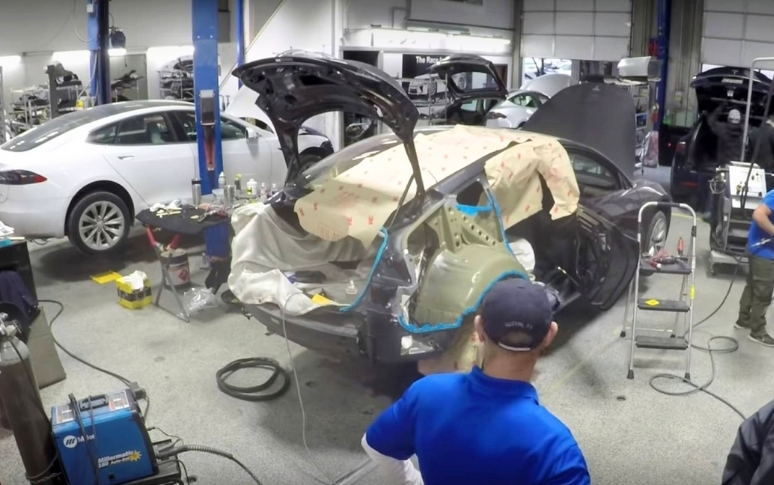8 Electric Car Maintenance Tips That Cut Your Costs
Electric automobiles need a lot less maintenance than gas-powered cars, which may save owners hundreds of dollars a year. These 8 important tips can help your EV run better, last longer, and be worth more when you sell it.
1. EVs are Easier to Maintain than Gas Vehicles
Electric cars have much simpler powertrains than gas-powered cars, which means they cost less to maintain and are easier to work on.
There are only 20 to 30 moving parts in an electric vehicle motor, compared to more than 200 in a combustion engine. This means that you don't have to change the oil, spark plugs, timing belts, or fuel system.
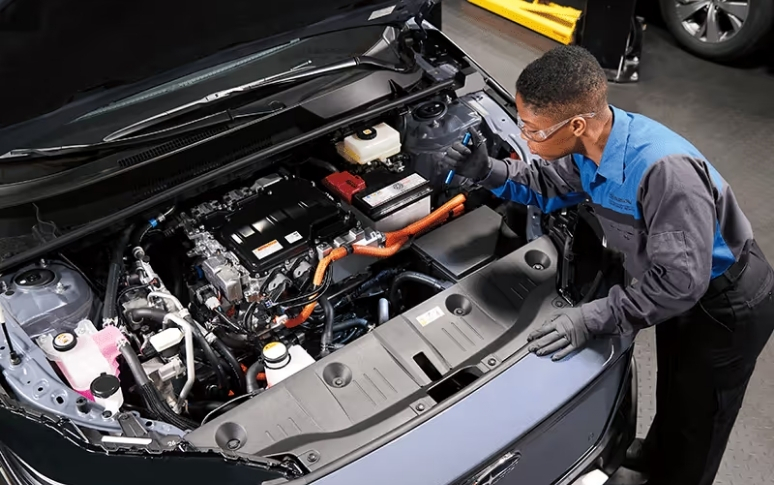
2. EVs Don't Need Regular Oil Changes
One of the best things about owning an electric vehicle is that you don't have to change the oil or maintain the transmission as often. Electric motors don't need regular engine oil, which saves you between $50 to $100 every three to six months.
Some companies, like Tesla, say that transmission fluid should be serviced every 12 years or 150,000 miles. This is a big change from regular cars, which need servicing every 30,000 to 60,000 miles.

3. Take Care of Your Electric Car Battery
The battery pack in your electric vehicle (EV) is the most important part and the one that needs the most care. Following the right steps when charging will greatly increase the life of your battery and keep it working well.
For regular driving, keep your battery's charge level between 20% and 80%. Charging it to 100% or allowing it drop below 20% too often can speed up its breakdown. It's fine to charge your phone to 100% for extended travels, but you shouldn't do this all the time.
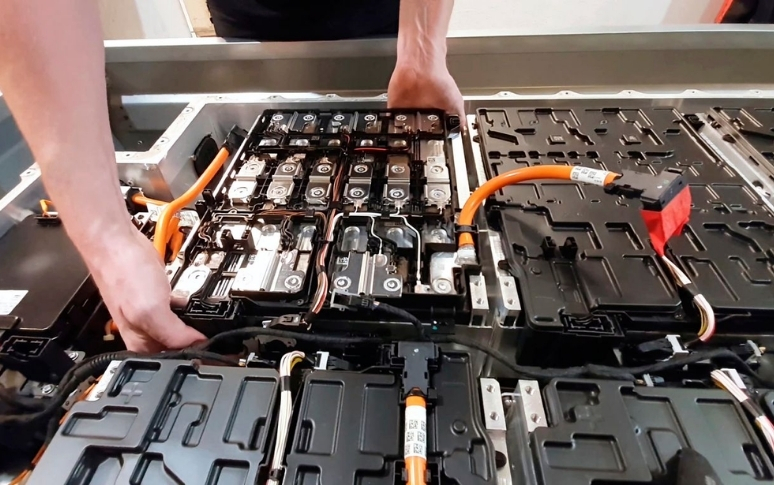
4. Buy a 240-Volt Home Charger
A 240-volt Level 2 home charger is one of the best things an EV owner can get because it makes charging easier and helps keep the battery healthy. Standard 110-volt outlets can charge your car, but they only provide 2 to 5 miles of range per hour, which is just too sluggish for everyday use.
Level 2 chargers may provide you 10 to 60 miles of range per hour, which is enough to fully charge your battery overnight. This investment pays off in terms of convenience and less dependency on public fast chargers.
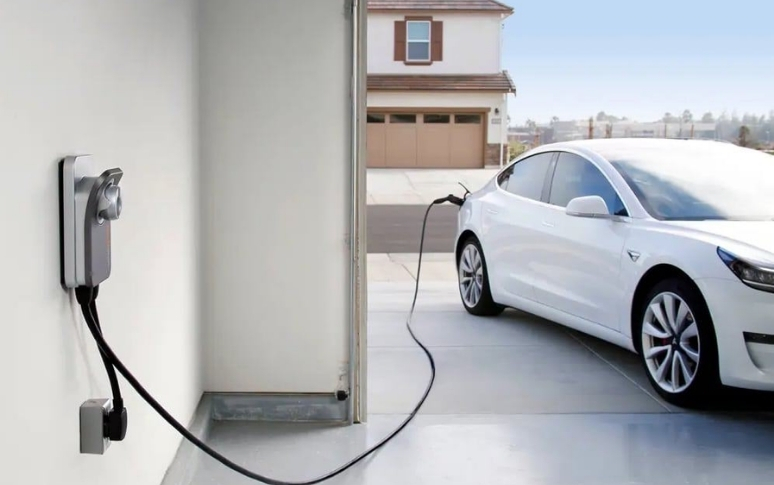
5. Electric Car Brakes Last Longer
Electric cars have regenerative braking technologies that make your regular friction brakes last a lot longer. When you take your foot off the gas or press the brake pedal, the electric motor operates like a generator, turning kinetic energy back into electricity and slowing the car down.
This method makes your friction brakes work less often, so they can last more than 100,000 miles before needing service—two to three times longer than in regular cars. Many people who drive electric vehicles say they can go over 200,000 miles on the same brake pads.
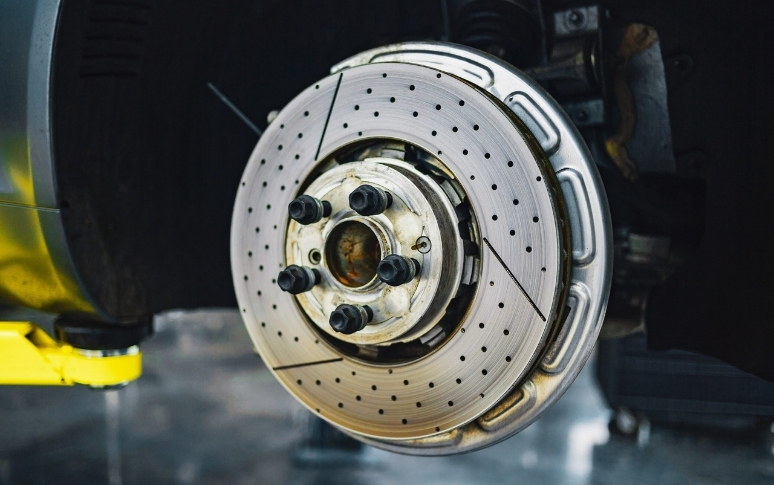
6. Tire Maintenance Should Be the Same
EVs don't need as much maintenance as regular cars, but they still need to take care of their tires in the same way. Electric cars' quicker power and heavier weight might make tires wear out faster, especially if you want to speed up quickly.
When it's time to change your tires, think about getting EV-specific ones. These tires are made to manage the extra weight and torque of electric vehicles and have lower rolling resistance for better efficiency.
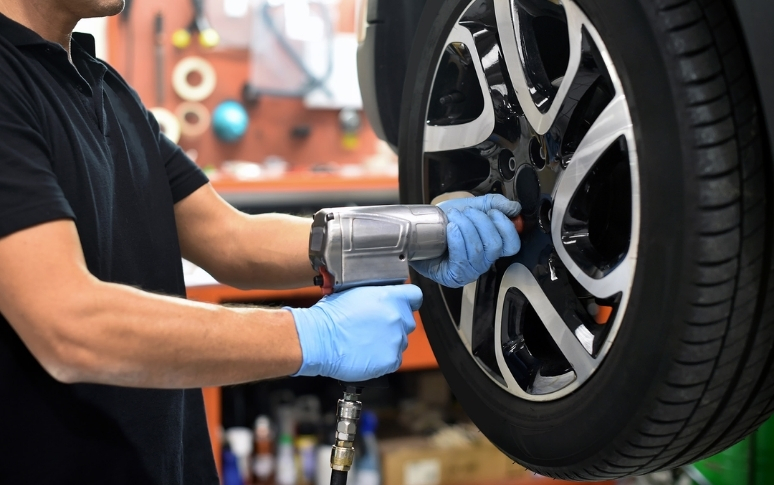
7. Electric Cars Require Fewer Fluids
Electric cars still need some fluids that need to be checked on from time to time. All electric vehicles utilize coolant to keep their batteries cool, and this coolant usually needs to be replaced every 100,000 miles or according to the manufacturer's instructions.
Service intervals for brake fluid stay the same at about every 2–3 years, no matter how many miles are on the car. You only need to refill the windshield washer fluid on a regular basis. One big benefit of EV fluid maintenance is that it's easy.

8. Electric Car Warranties are Better
Electric cars have much better warranty coverage than gas-powered cars, especially for their most expensive parts. The law says that all EV makers must guarantee their battery packs for at least 8 years or 100,000 kilometers.
A lot of companies go above and above these requirements. For example, Hyundai offers a lifetime battery guarantee on some models, and Tesla offers 8 years of coverage with no mileage limit on Model S and X batteries.
